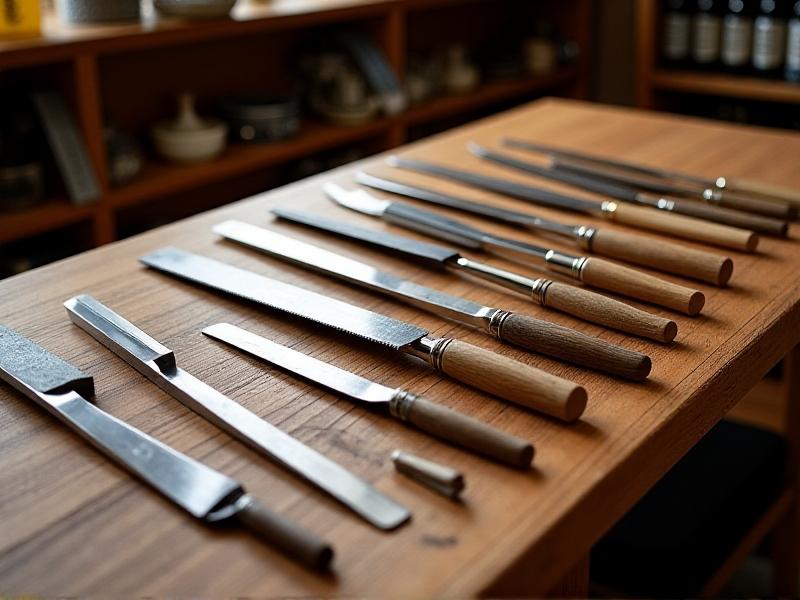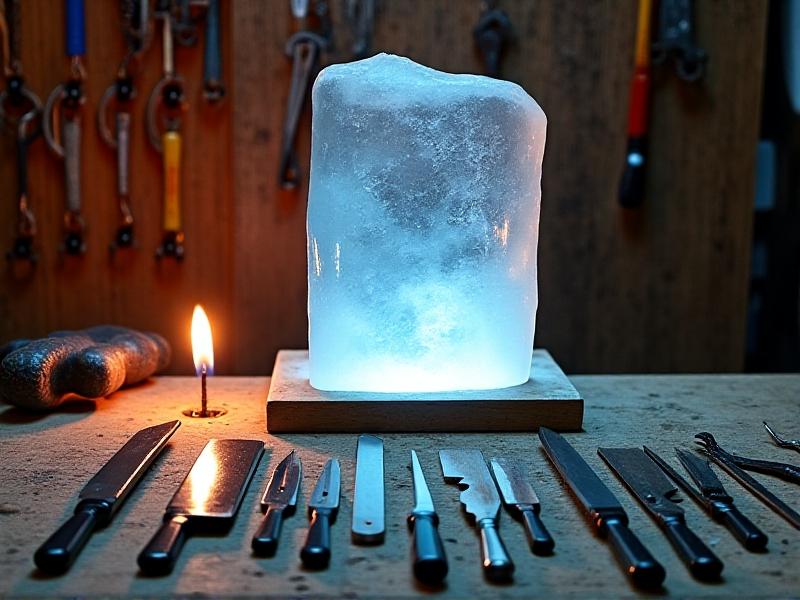Insulated Cases for Ice Sculpture Transportation
The Importance of Insulated Cases for Ice Sculpture Transportation
Transporting ice sculptures is no simple task. These delicate works of art require meticulous care to ensure they arrive at their destination intact and visually stunning. Insulated cases play a critical role in this process, providing a controlled environment that minimizes melting and physical damage. Whether you're a professional ice sculptor or an event planner, understanding the importance of these specialized cases is essential. This section will explore why insulated cases are indispensable for ice sculpture transportation, highlighting their ability to maintain low temperatures, protect against external elements, and preserve the intricate details of the sculpture.
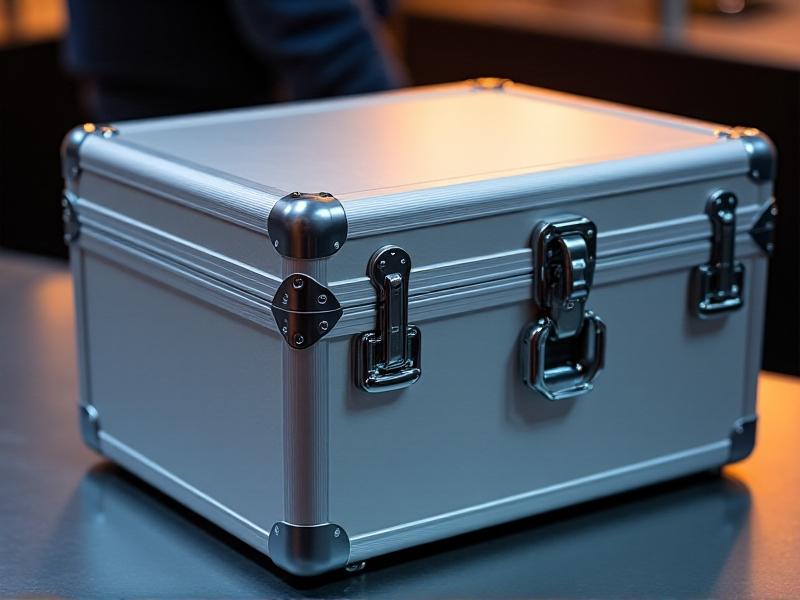
Key Features to Look for in an Insulated Case
Not all insulated cases are created equal, especially when it comes to transporting something as fragile as an ice sculpture. When selecting a case, there are several key features to consider. First, the insulation material should be high-quality, such as polyurethane foam, to ensure maximum temperature retention. Second, the case should have a robust and airtight seal to prevent warm air from entering. Third, consider the size and shape of the case—it should accommodate the sculpture without leaving too much empty space, which can lead to shifting during transit. Additional features like reinforced corners, secure latches, and portability can also make a significant difference. This section will guide you through the essential features to prioritize when choosing an insulated case.
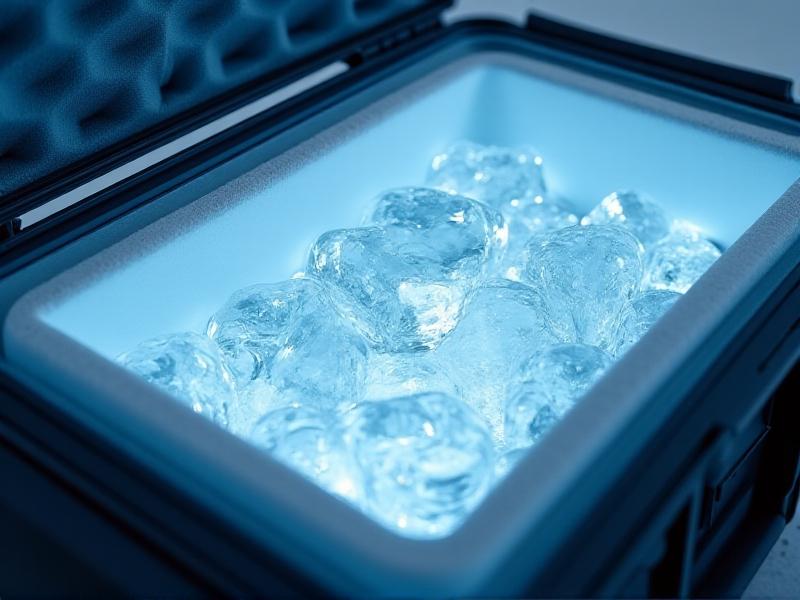
How Insulated Cases Maintain Optimal Temperatures
One of the primary functions of an insulated case is to maintain a low temperature, ensuring the ice sculpture remains intact during transit. This is achieved through a combination of high-quality insulation materials and design elements that minimize heat transfer. For example, many cases use multi-layered insulation with reflective surfaces to deflect external heat. Additionally, some cases are equipped with gel packs or dry ice compartments to further lower the internal temperature. Understanding the science behind these temperature control mechanisms can help you make informed decisions about which case is best suited for your needs. This section will delve into the technical aspects of how insulated cases keep ice sculptures cold.
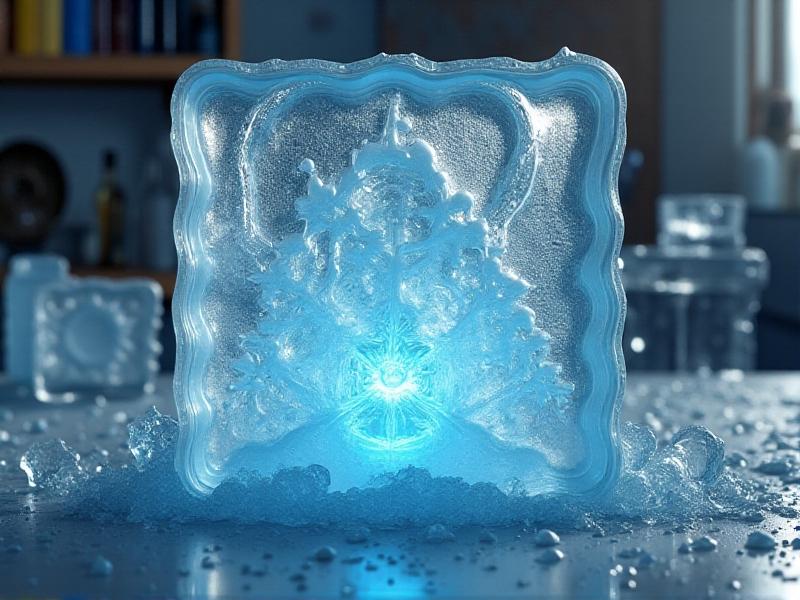
Protecting Ice Sculptures from Physical Damage
While temperature control is crucial, protecting ice sculptures from physical damage is equally important. Insulated cases are designed to cushion the sculpture from bumps, vibrations, and other impacts that can occur during transportation. Many cases feature padded interiors or custom foam inserts that cradle the sculpture securely. Additionally, the exterior of the case should be durable enough to withstand rough handling. This section will explore the various ways insulated cases safeguard ice sculptures from physical harm, ensuring they arrive in pristine condition.
Choosing the Right Size and Shape for Your Sculpture
Selecting the right size and shape for your insulated case is a critical step in ensuring the safe transportation of your ice sculpture. A case that is too large can allow the sculpture to shift during transit, increasing the risk of damage. Conversely, a case that is too small may not provide adequate insulation or protection. It's also important to consider the shape of the sculpture—some cases are designed to accommodate tall, narrow sculptures, while others are better suited for wide or intricate designs. This section will provide practical tips for choosing a case that fits your sculpture perfectly, balancing space, insulation, and protection.
The Role of Portability in Ice Sculpture Transportation
Portability is a key factor to consider when selecting an insulated case for ice sculpture transportation. A case that is too heavy or cumbersome can make the transportation process difficult and inefficient. Look for cases with ergonomic handles, wheels, or lightweight materials that make them easy to maneuver. Additionally, consider how the case will be transported—whether by car, truck, or air—and choose a design that fits seamlessly into your logistics plan. This section will discuss the importance of portability and how it can impact the overall success of transporting ice sculptures.
Cost vs. Quality: Finding the Right Balance
When investing in an insulated case for ice sculpture transportation, it's important to find the right balance between cost and quality. While it may be tempting to opt for a cheaper option, lower-quality cases may not provide the necessary insulation or protection, leading to potential damage or melting. On the other hand, high-end cases can be expensive but often offer superior features and durability. This section will provide insights into how to evaluate the cost-effectiveness of different insulated cases, helping you make a decision that aligns with your budget and needs.
Case Studies: Successful Ice Sculpture Transportation
Learning from real-world examples can provide valuable insights into the effectiveness of insulated cases for ice sculpture transportation. This section will explore several case studies, highlighting how professionals have successfully transported intricate and delicate ice sculptures using insulated cases. From large-scale events to intimate gatherings, these stories will demonstrate the practical benefits of investing in high-quality cases and the positive impact they can have on the final presentation of the sculpture.
Maintenance and Care for Insulated Cases
Proper maintenance and care are essential to ensure the longevity and effectiveness of your insulated case. Regular cleaning, inspecting for wear and tear, and storing the case in a cool, dry place can help extend its lifespan. Additionally, addressing any damage promptly, such as replacing worn-out seals or padding, can prevent future issues. This section will provide practical tips for maintaining your insulated case, ensuring it remains in optimal condition for years to come.
Innovations in Insulated Case Technology
The world of insulated cases is constantly evolving, with new technologies and innovations emerging to improve their effectiveness and convenience. From advanced insulation materials to smart temperature monitoring systems, these innovations are making it easier than ever to transport ice sculptures safely. This section will explore the latest advancements in insulated case technology, providing a glimpse into the future of ice sculpture transportation and how these developments can benefit professionals in the field.



